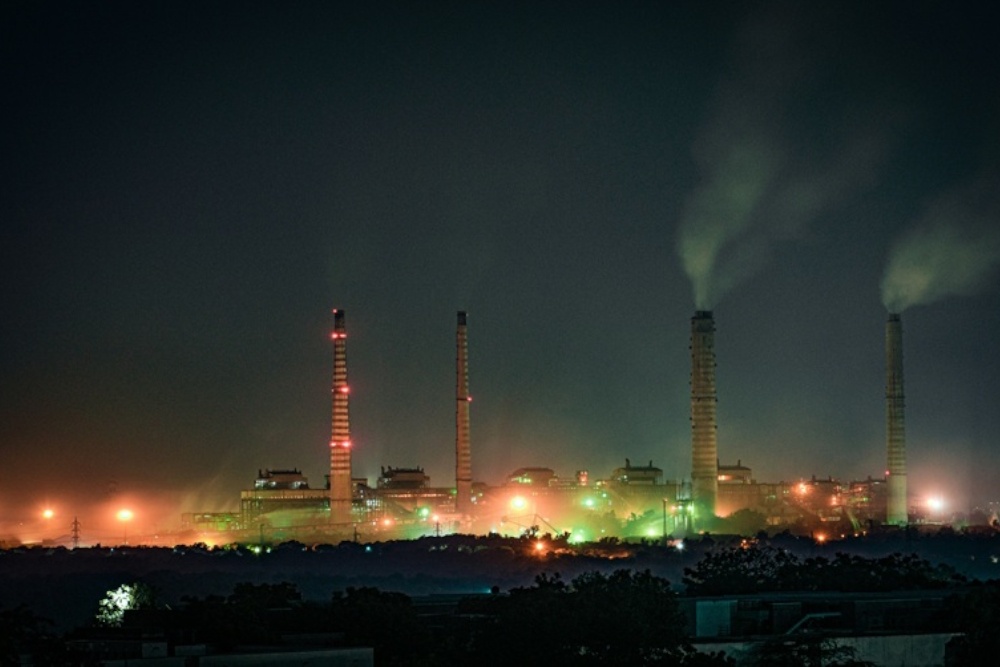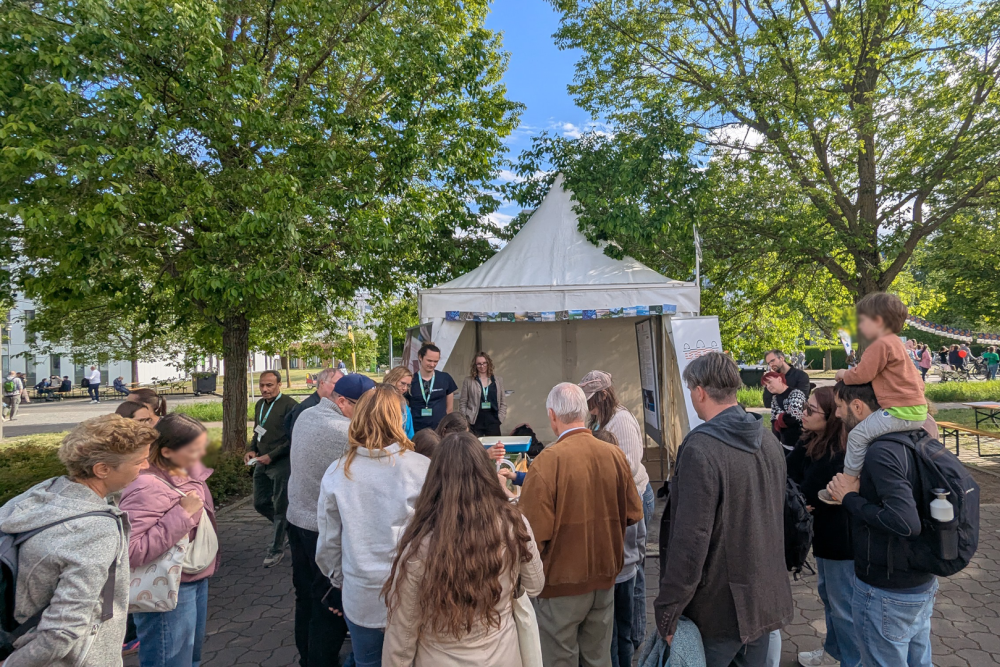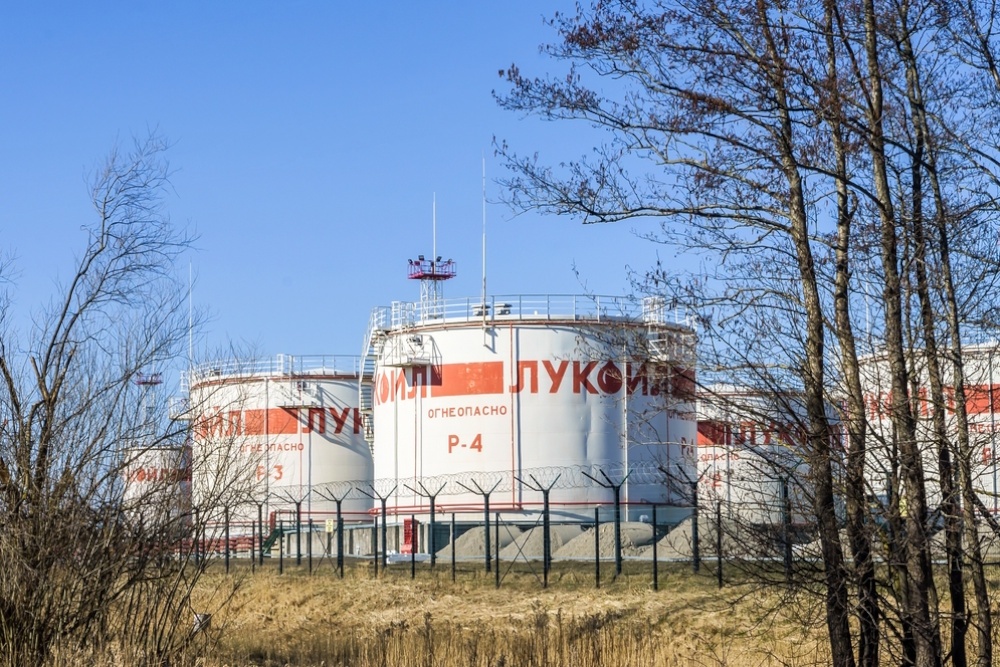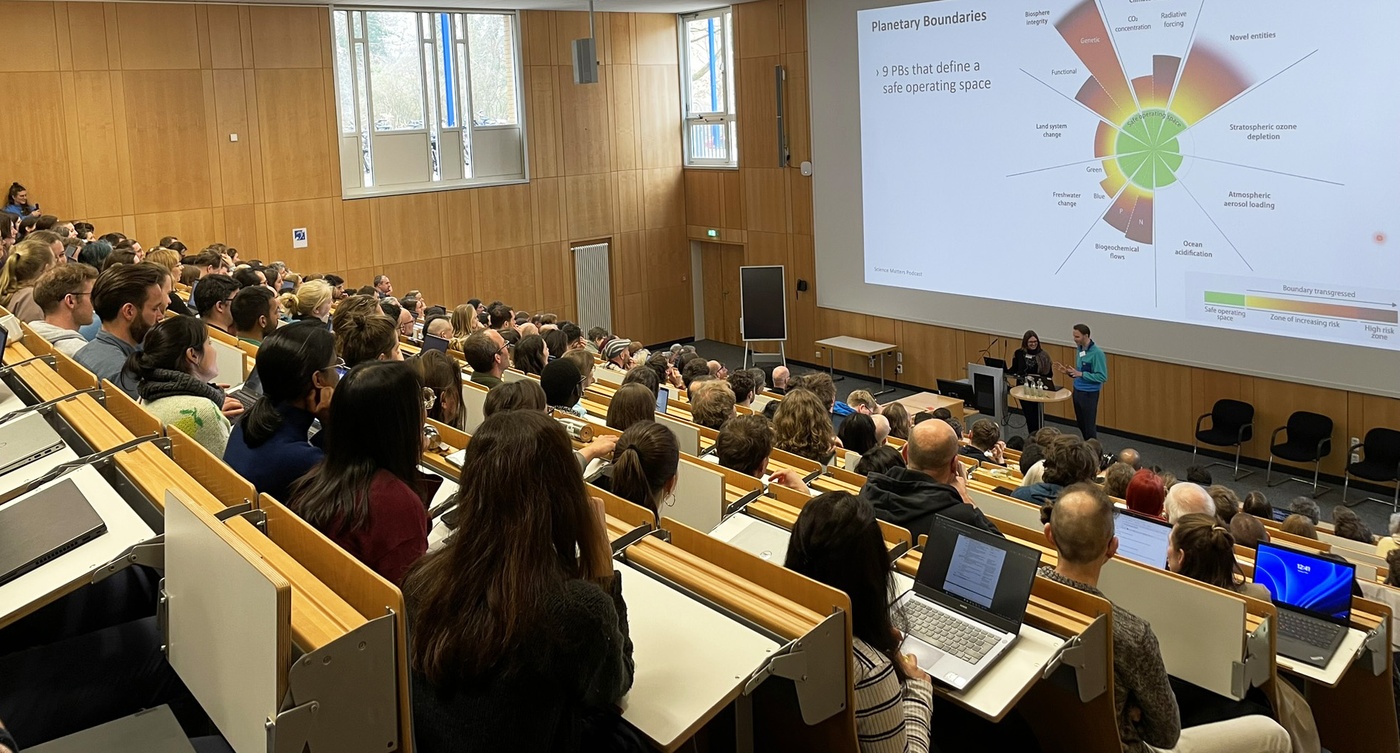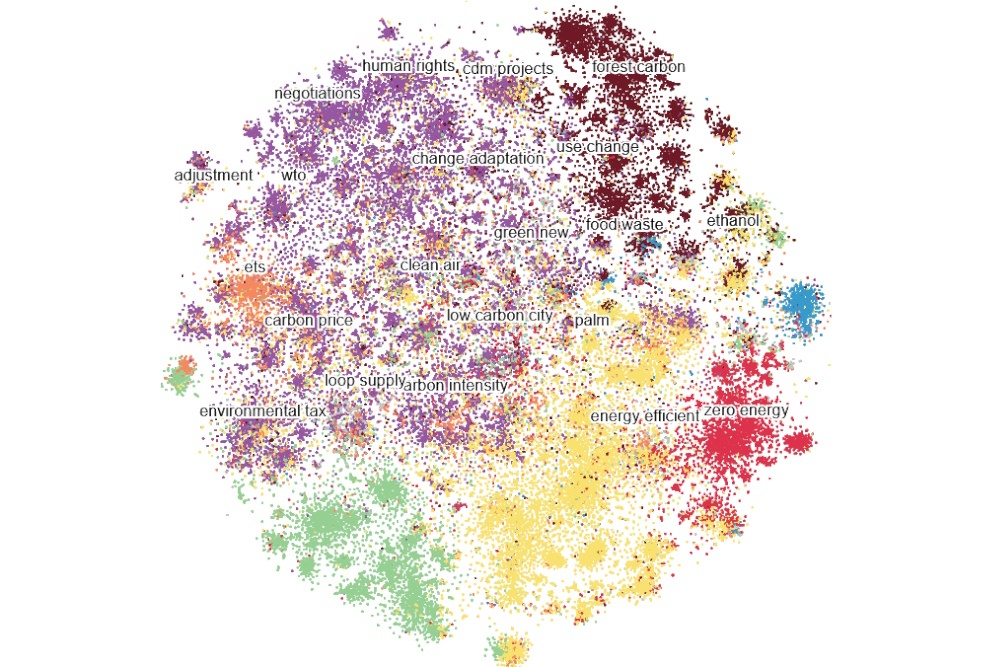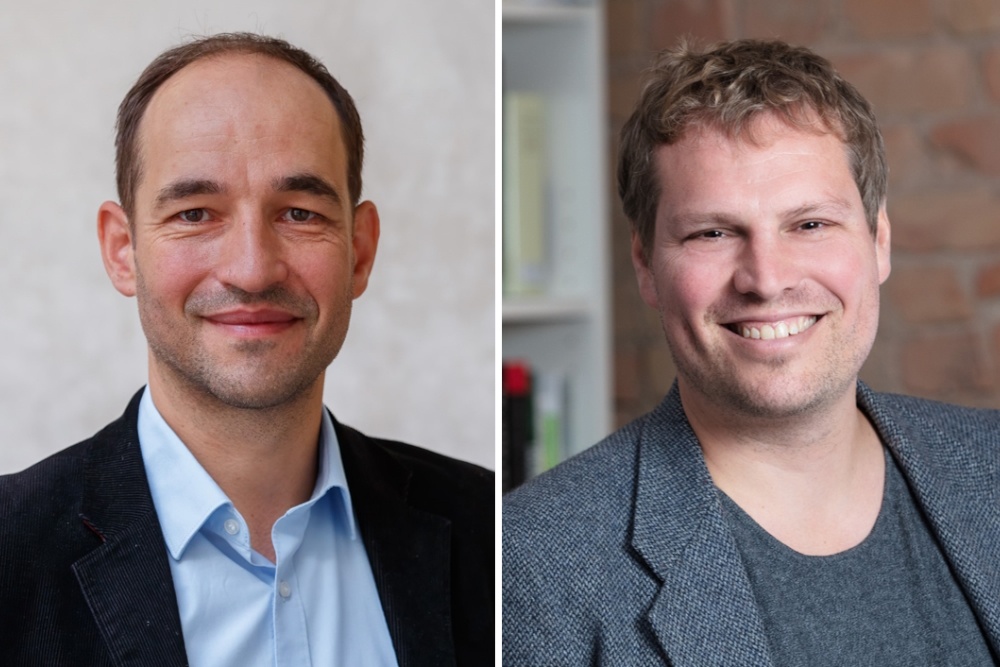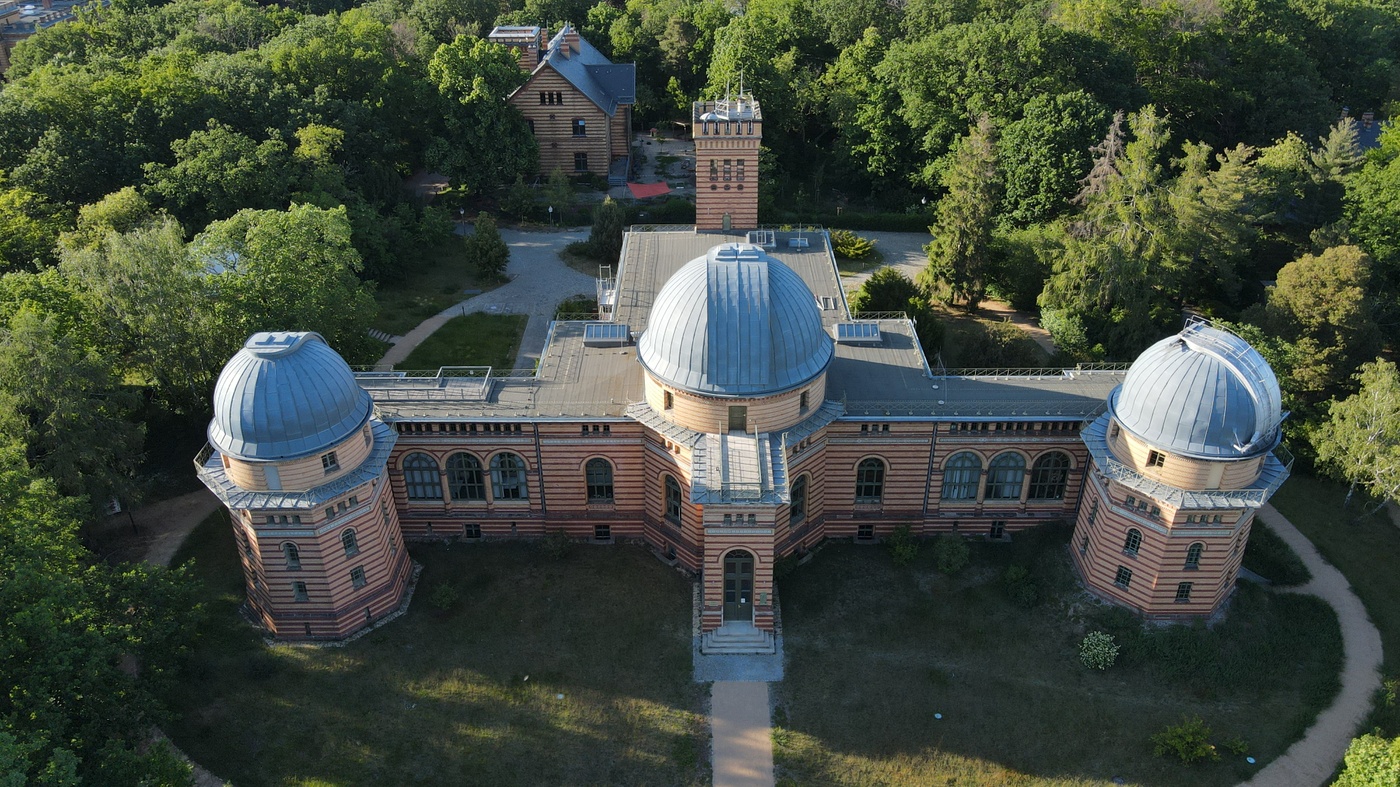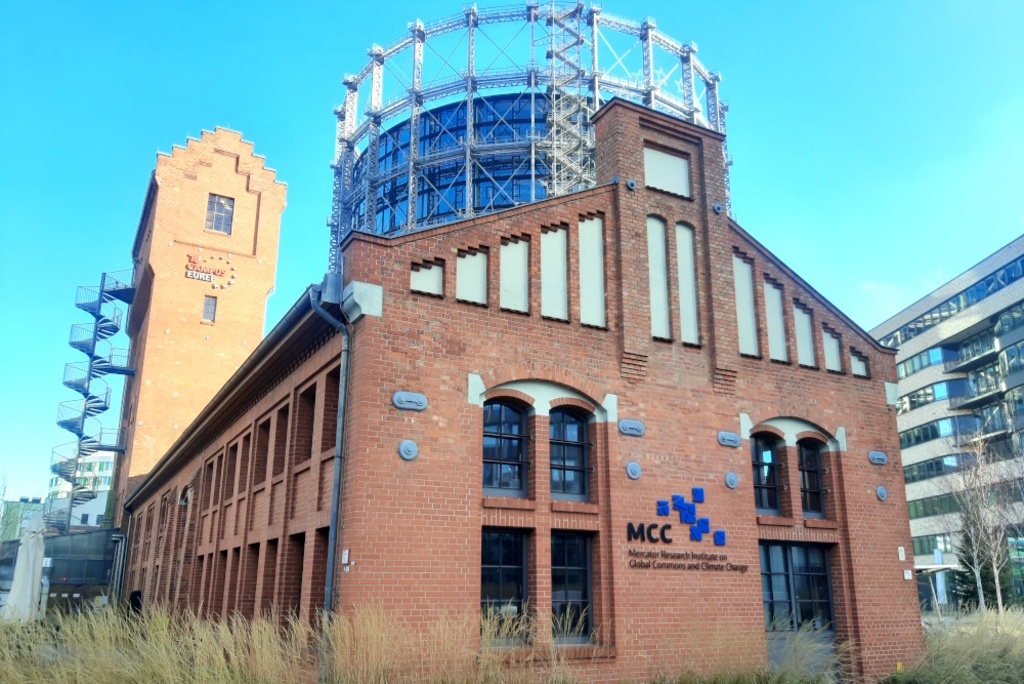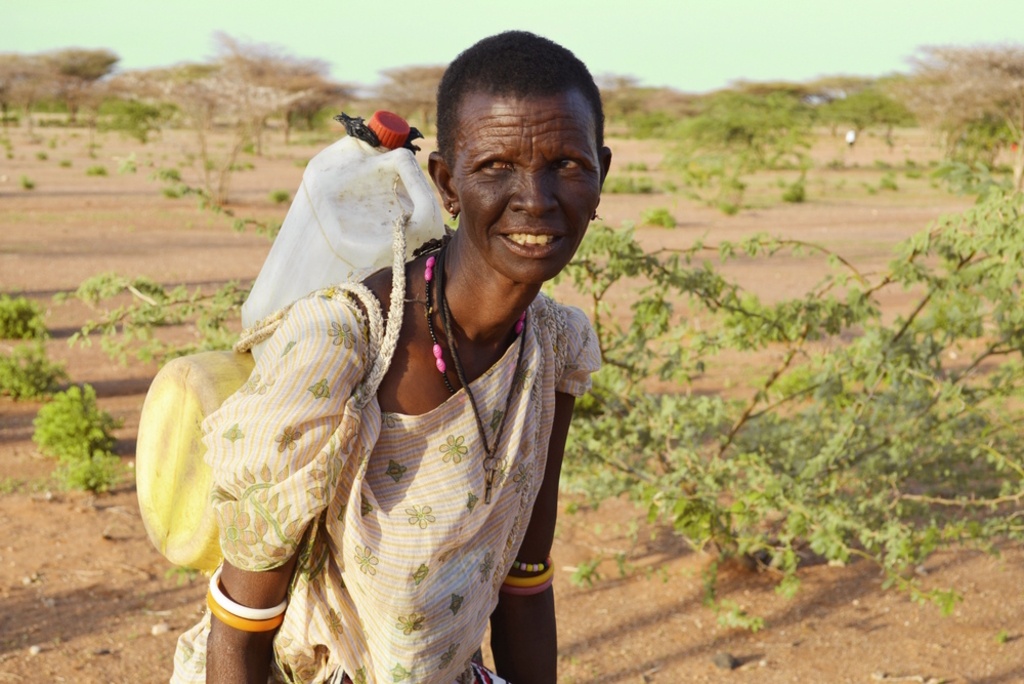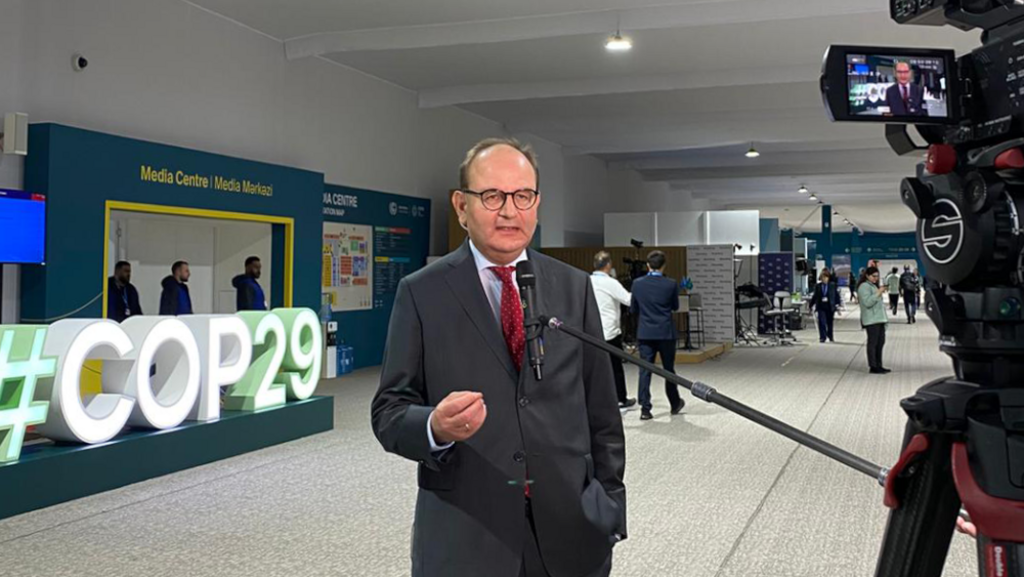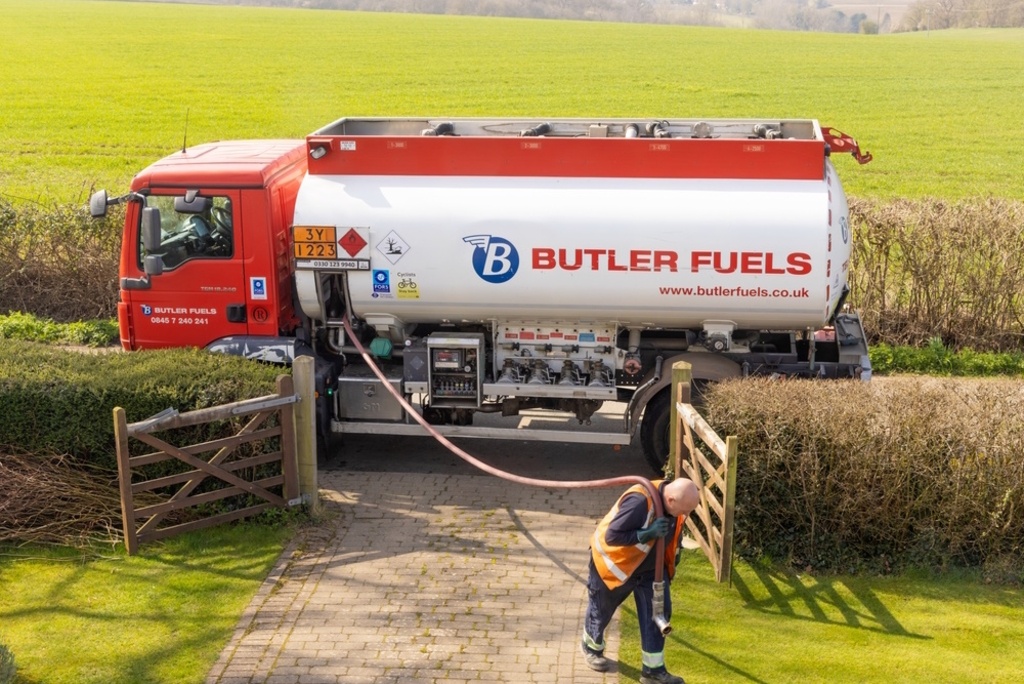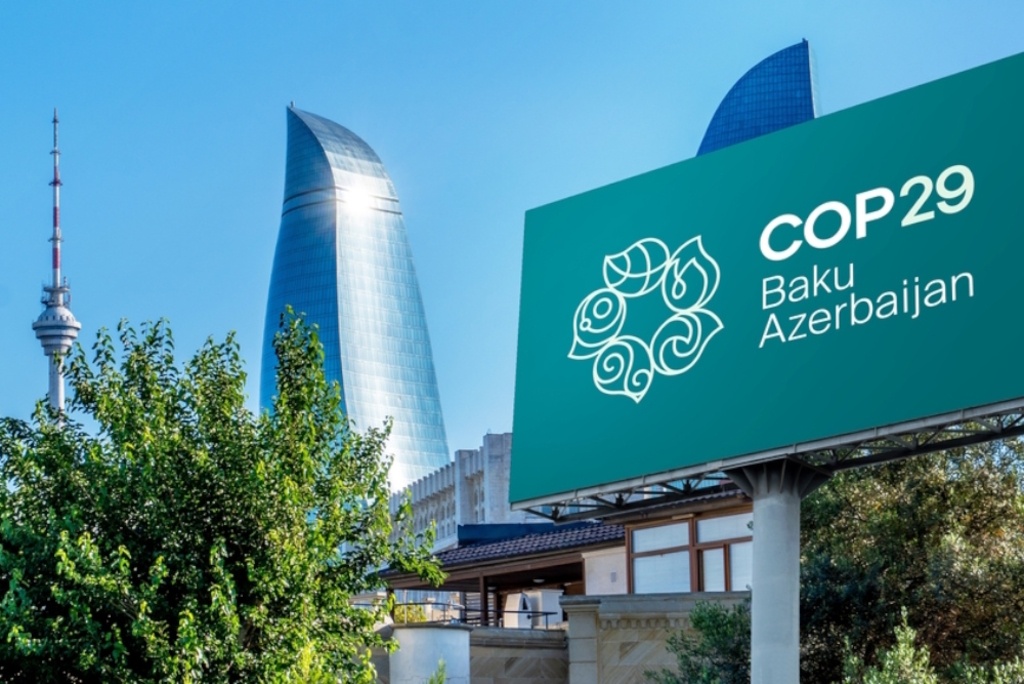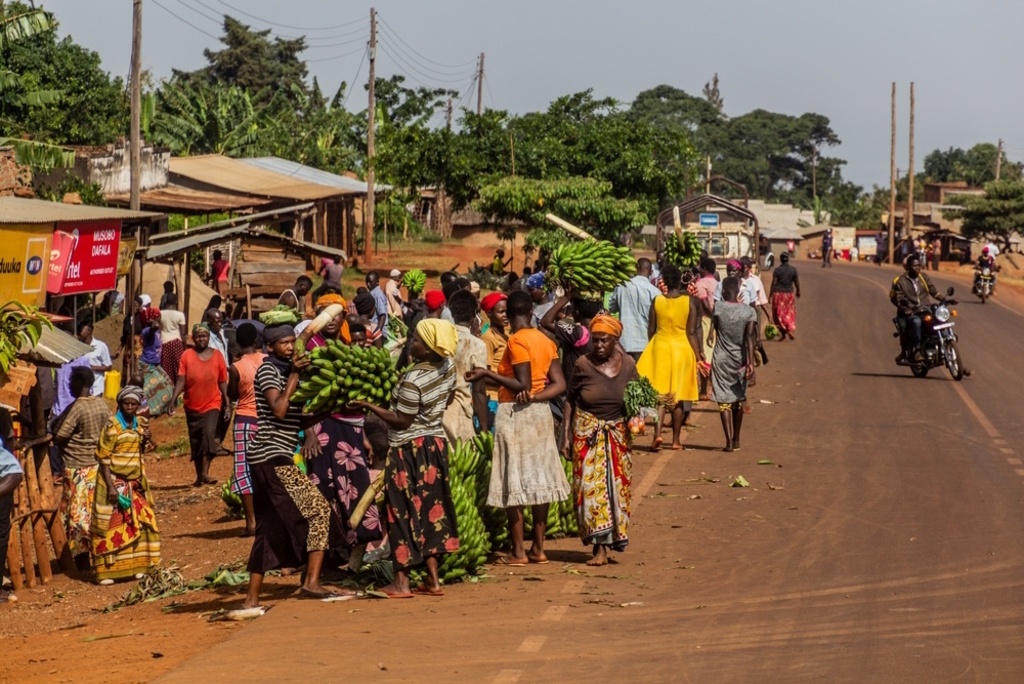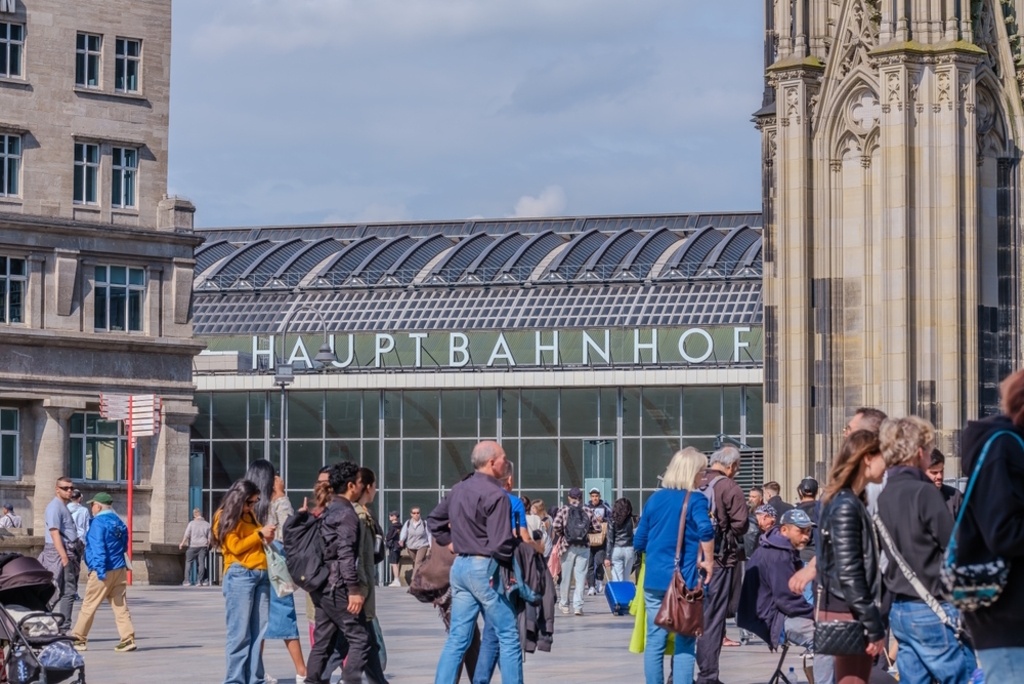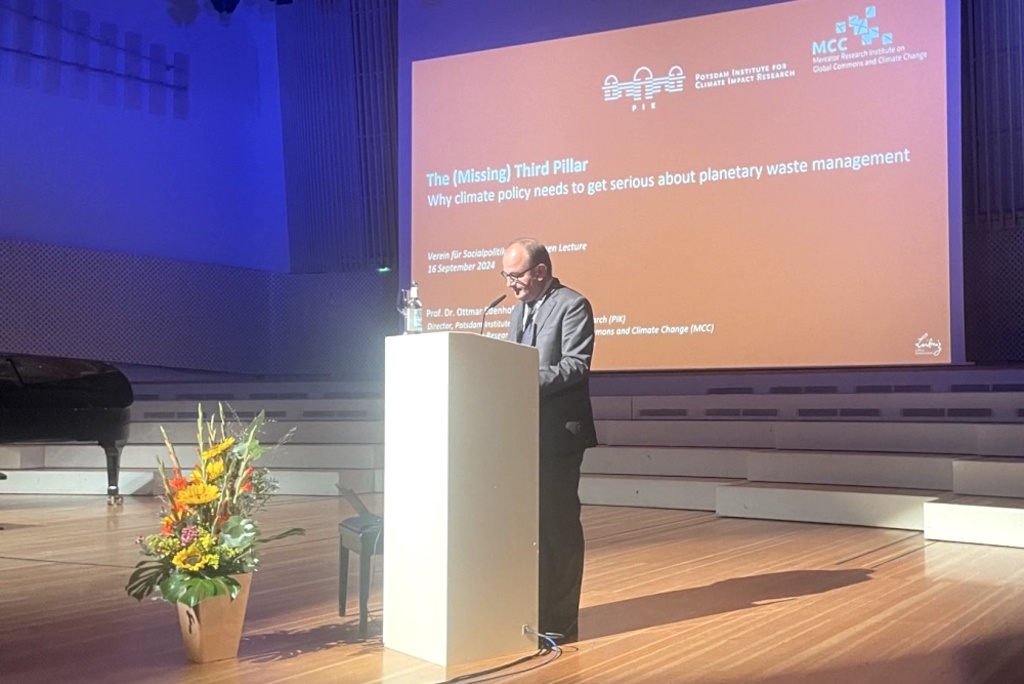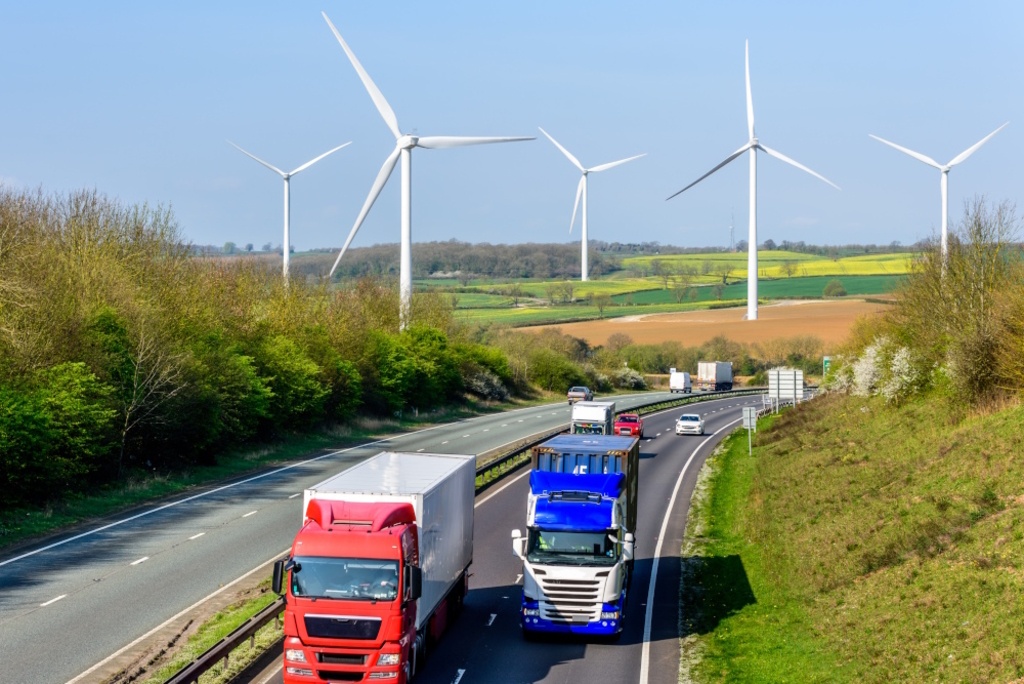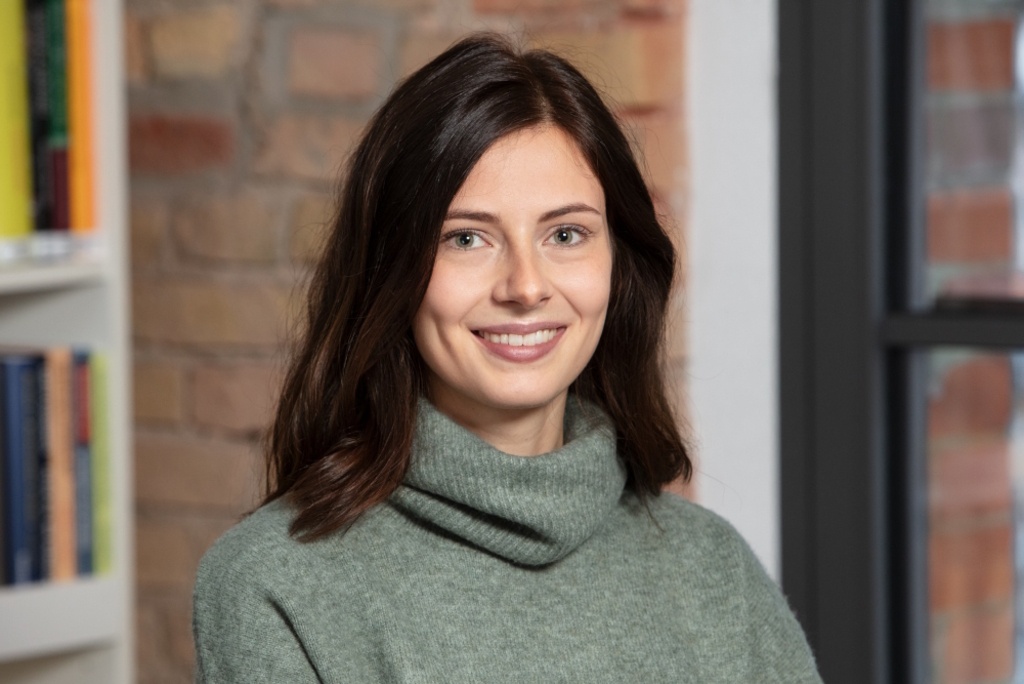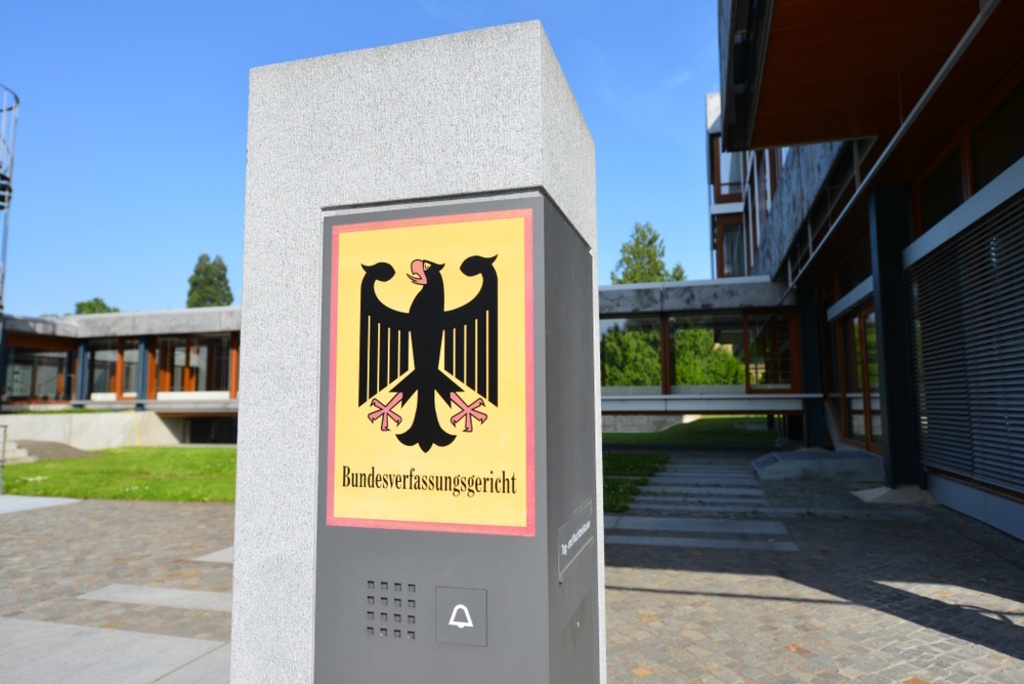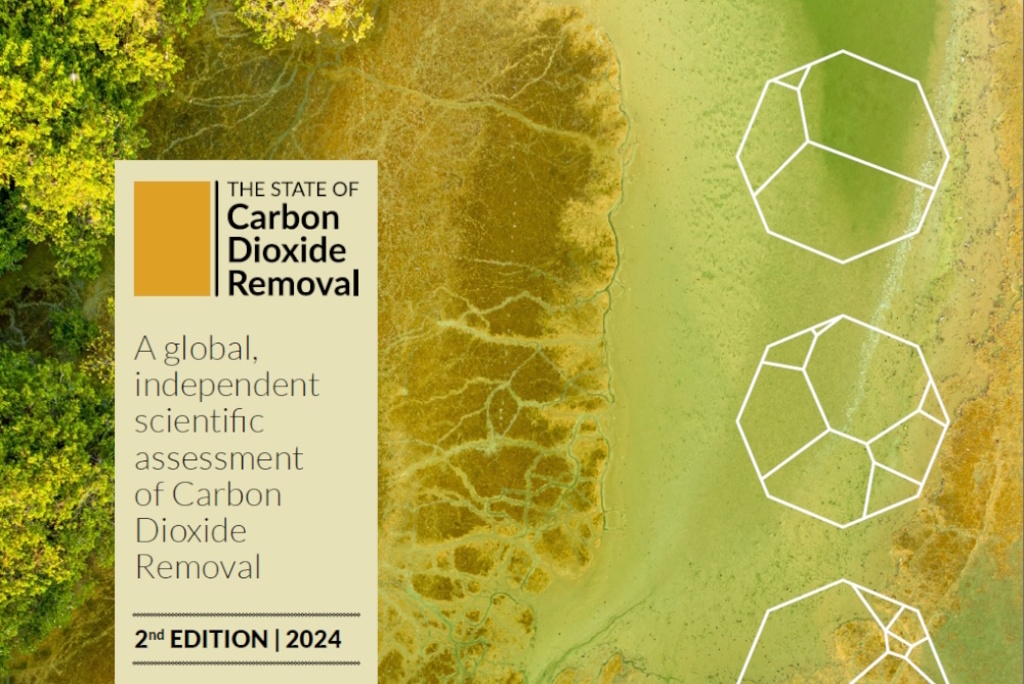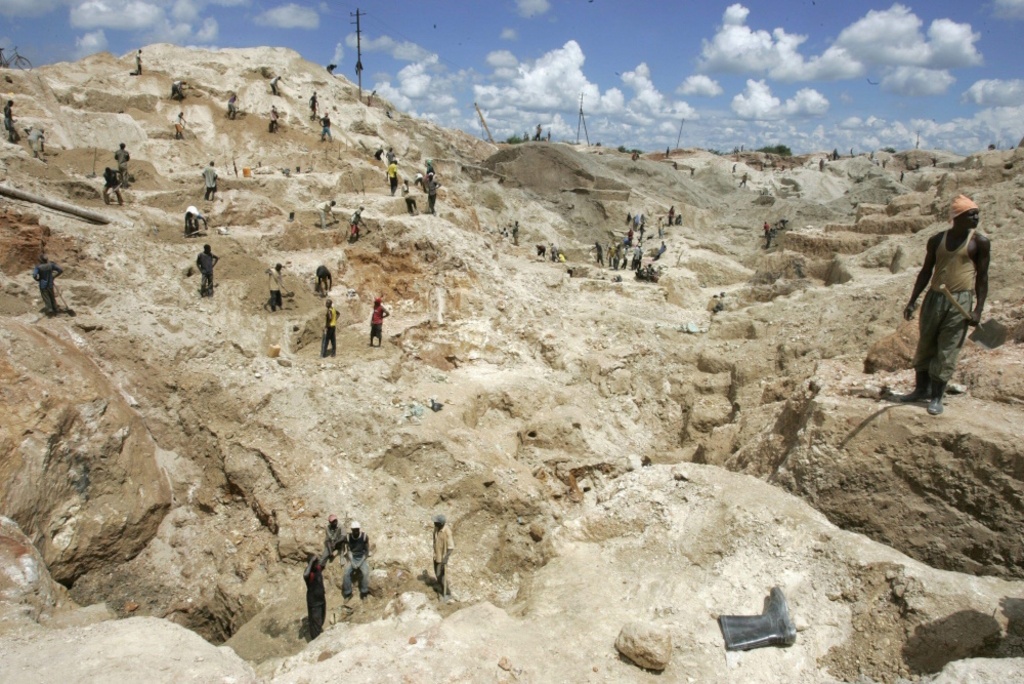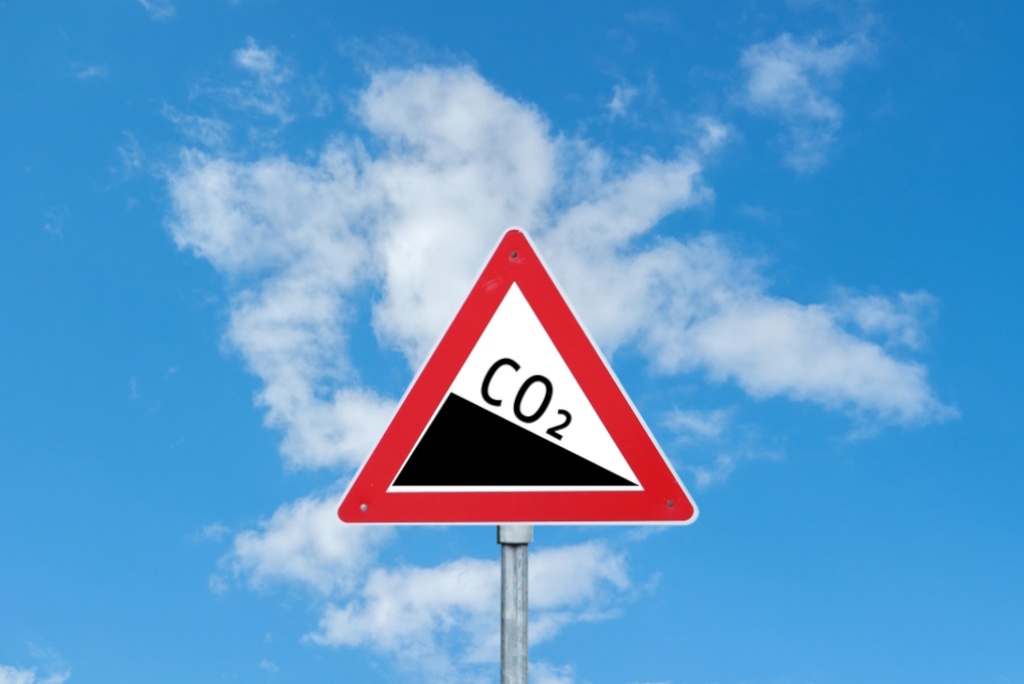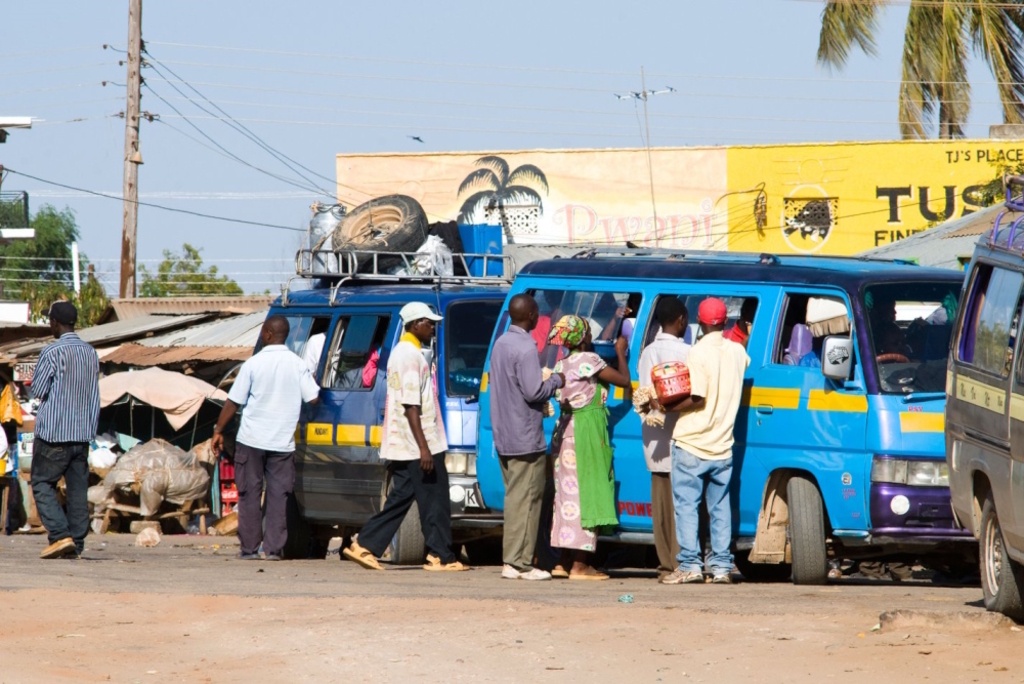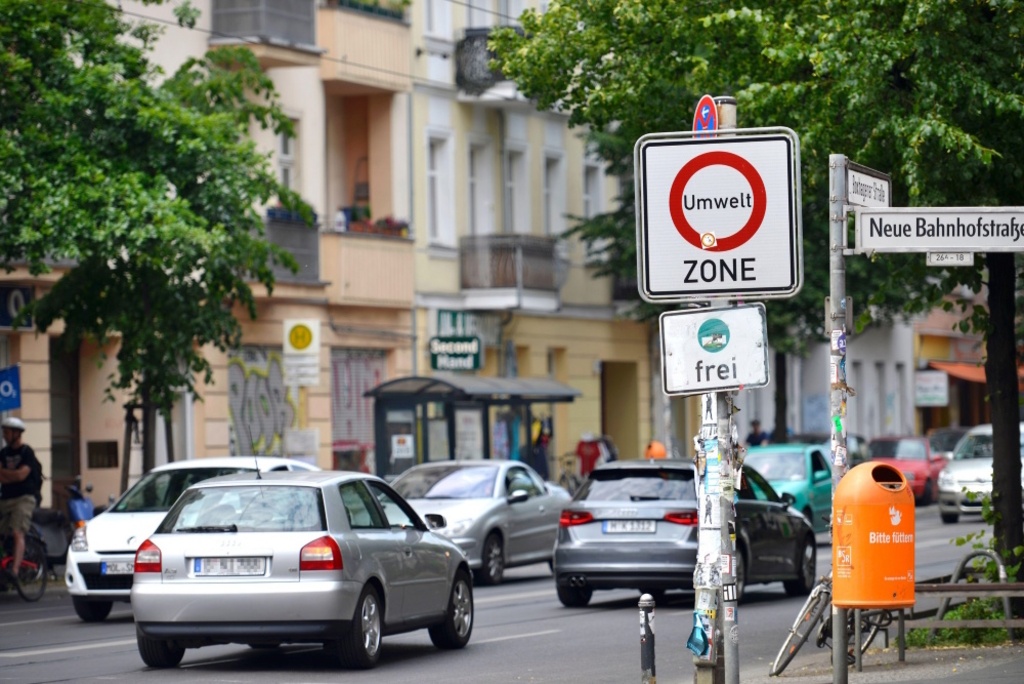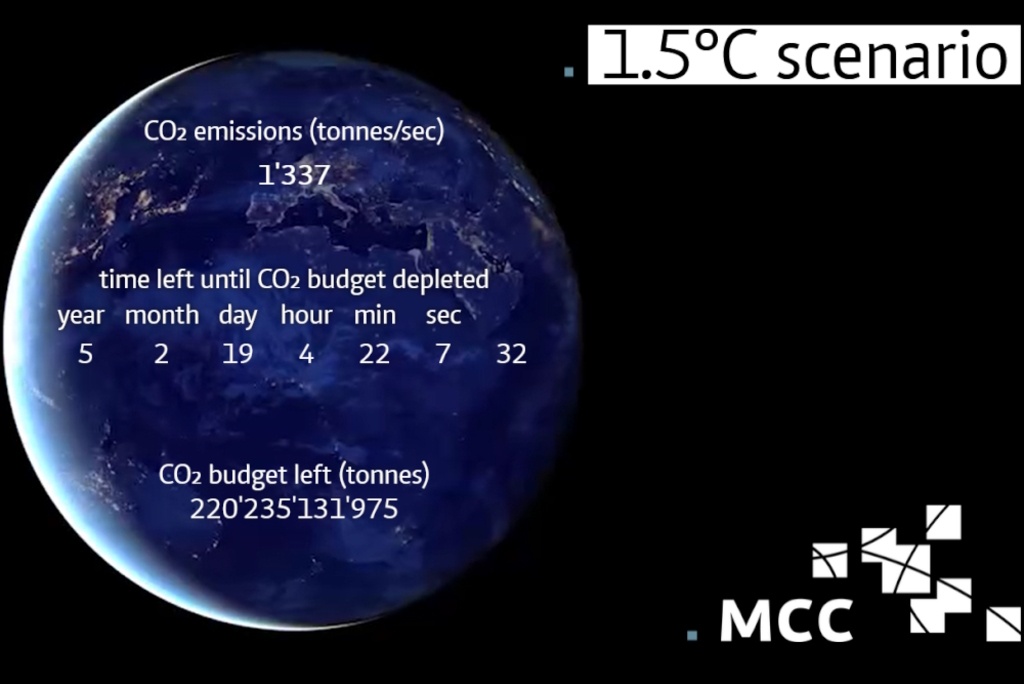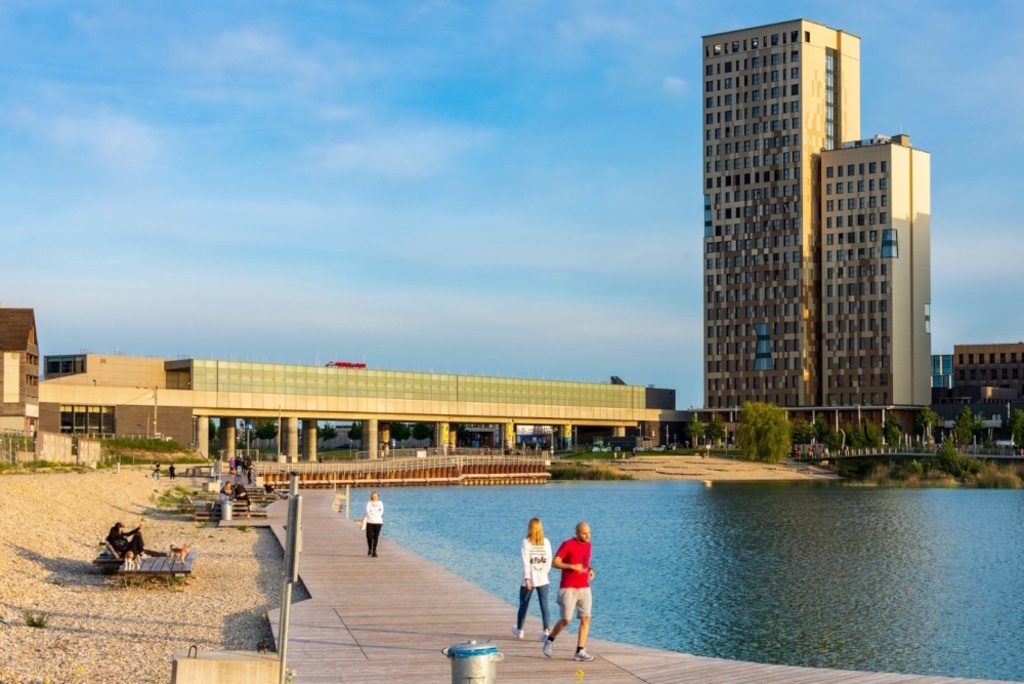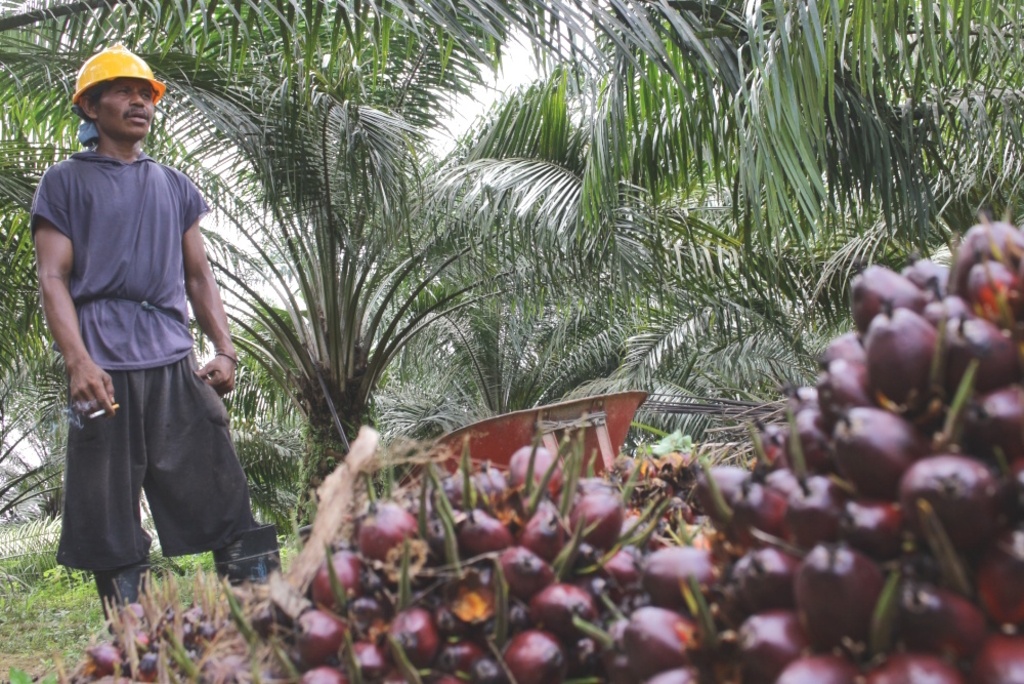RD5 combines high-level economic and social science analyses with a structured approach at the science-policy interface. We explore and provide solution-oriented policy portfolios for climate change mitigation, for governing the global commons in general, and for enhancing the many aspects of human wellbeing. Internally, we are committed to a working and interpersonal culture of diversity, tolerance, and equal opportunity.
What we stand for
With our work, we aim to contribute to an increase in human well-being, considering the interdependencies with planetary boundaries. In the context of multiple unfolding crises, our goal is to enhance and promote deliberative and participatory decision-making. We are committed to support the idea of a liberal and common-good oriented democracy.
What we do
We do excellent and methodologically rigorous research in economics and social sciences, providing and analysing concrete policy options for climate change mitigation and for sustaining global commons. These global commons consist of natural resources relevant to the world as a whole (e.g. atmosphere, land, forests) and social commons (e.g. education, health, transport). We must avoid overuse of natural resources and ensure sufficient supply of social commons; both require a farsighted and international view, which governments and other societal actors often lack. As a scientific think tank, RD5 helps to close this gap.
We give scientific and evidence-based input to important and polarised debates in our democratic societies, e.g. on climate and the economy: we assess the space of policy options that can both stop global heating and enhance prosperity and human wellbeing.
We aim to understand the policy process to make our research policy-relevant. We consider the political economy realities, and we acknowledge the decision-making problem of politics – i.e. how to manage trade-offs between different policy goals.
Our advising of policymakers, from the regional to the international level, is based on our own model for the science-policy interface (“PEM”), which calls for policy relevance without being policy prescriptive. This commitment to deliberative decision-making is flanked by active public relations work and the provision of easily understandable content for the media.
Before the MCC joined PIK in 2025 as RD5 it was ranked as Europe’s best performing climate research institute relative to its size in 2017. RD5 is not constrained by sectional interests or pre-determined outcomes in its choice of research topics and in the provision of its expertise.


